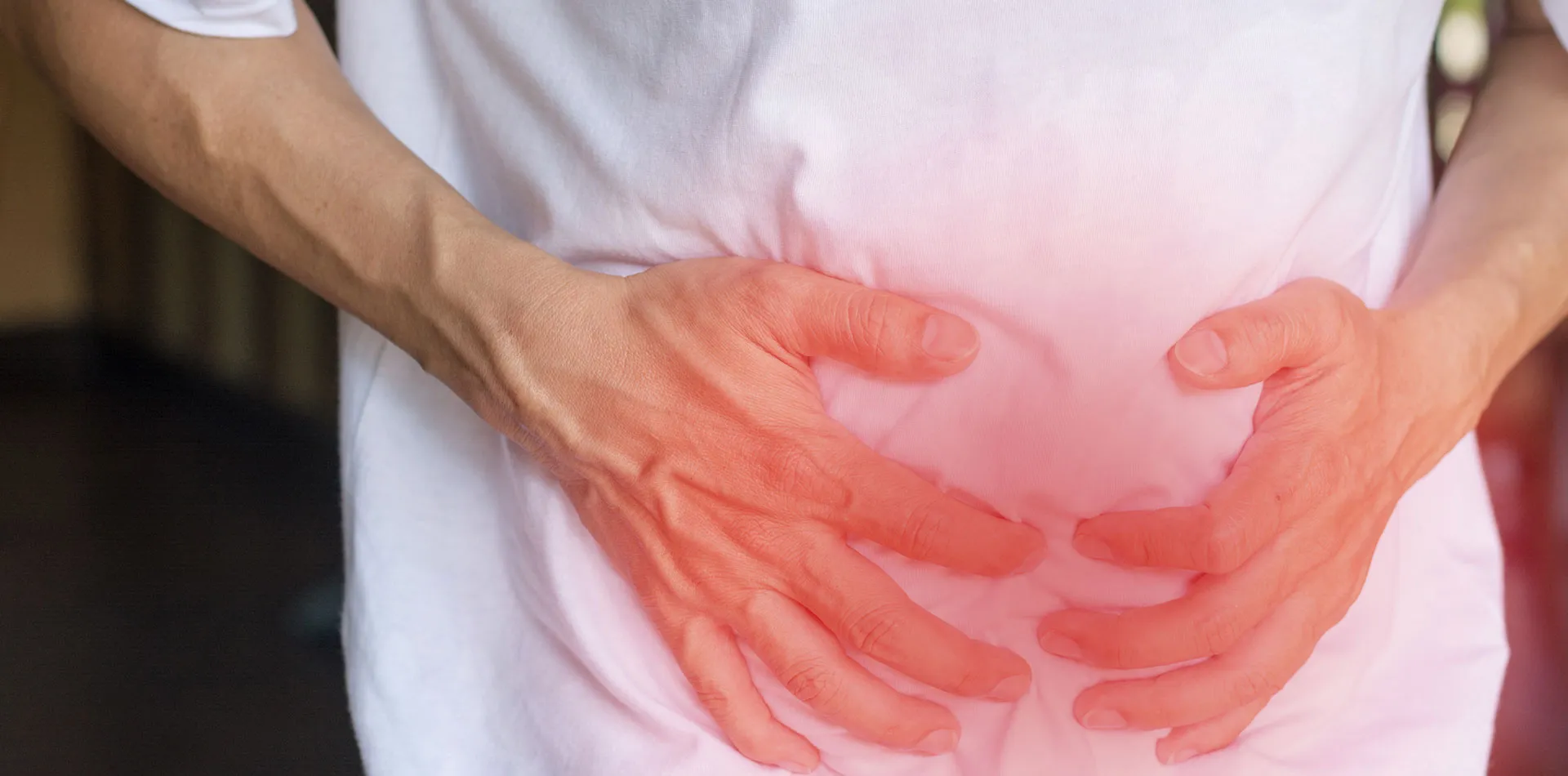
Gas in the digestive tract is normal, but problems occur when trapped, and the body cannot expel the excessive gas, inducing pain and discomfort.
Gas is produced when you eat certain foods that induce it, and pain and bloating happens when the digestive system does not manage it well.
Generally, changes in eating habits can help limit and control bothersome gas conditions. However, sometimes gas can occur due to specific digestive system disorders like irritable bowel syndrome or celiac disease, leading to a rise in gas or gas pain in the body.
Common signs indicating gas or gas pains are a sense of fullness or bloating, pressure in your abdomen, burping, passing gas, and a noticeable rise in the size of your stomach.
Burping is expected, during or after a meal; people typically pass gas up to 20 times a day. Although having a gas condition is uncomfortable and embarrassing, burping and passing gas do not signal a medical problem.
Talk to your doctor when gas problems and pain persists and becomes severe, interfering with your ability to function well in daily life. Moreover, when gas or gas pains come along with other signs, it can indicate more severe conditions.
Get medical advice when you see a change in the frequency of bowel movements, weight loss, bloody stools, change in consistency of stools, constipation or diarrhea and persistent or recurrent nausea or vomiting. Get immediate help when you have prolonged abdominal pain and chest pain.
Gas in your stomach happens when you swallow air while eating or drinking, but it is commonly released when you burp.
Gas forms in your large intestine (colon) due to bacteria fermenting carbohydrates, fiber, some starches and sugars, which did not digest in the small intestine. Bacteria absorb some of that gas, and the remaining gas is released by passing gas (flatus).
Foods that trigger gas are high-fiber foods like beans and peas (legumes), fruits, vegetables, and whole grains. Although these high-fiber foods may induce and increase gas production, fiber is necessary to keep your digestive tract work well, regulate blood sugar and cholesterol levels.
Other dietary factors contributing to increased gas in the digestive system are carbonated beverages like soda and beer. Also, some habits, like eating too fast, drinking through a straw, chewing gum, sucking on candies or talking while chewing, results in swallowing more air, which leads to a rise in the gas condition.
Fiber supplements that have psyllium, like Metamucil, raises colon gas. Sugar substitutes or artificial sweeteners like sorbitol, mannitol and xylitol, seen in some sugar-free foods and beverages, also leads to excess colon gas.
Medical conditions that may also raise the risk of increasing intestinal gas, bloating, or gas pain are:
• Chronic intestinal diseases like diverticulitis, ulcerative colitis or Crohn's disease
• A rise or change in the bacteria in the small intestine, causing excess gas, diarrhea and weight loss
• When the digestive system is not able to break down and absorb certain foods, like the sugar in dairy products (lactose) or proteins such as gluten in wheat and other grains
• Constipation causing difficultly in passing gas
Some dietary changes can help limit and prevent gas and gas-related issues:
• Figure out which high-fibre foods cause a gas problem, avoid some of these foods for a couple of weeks, and gradually bring them back. Consult the doctor for advice.
• Limit the use of dairy products from your diet or use lactose-free products.
• Lessen and stop (wherever possible) the use of sugar substitutes, carbonated
Patient Experience